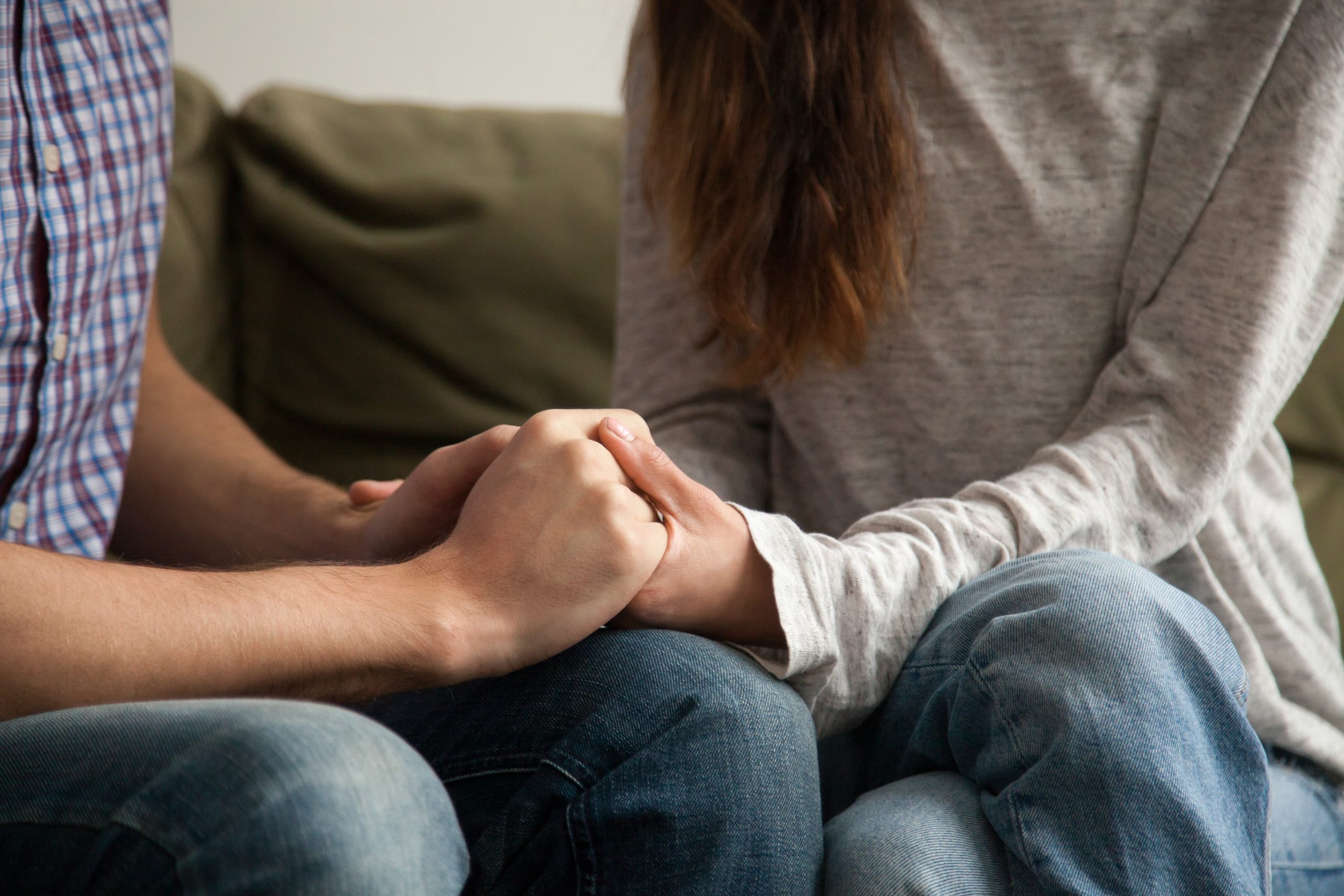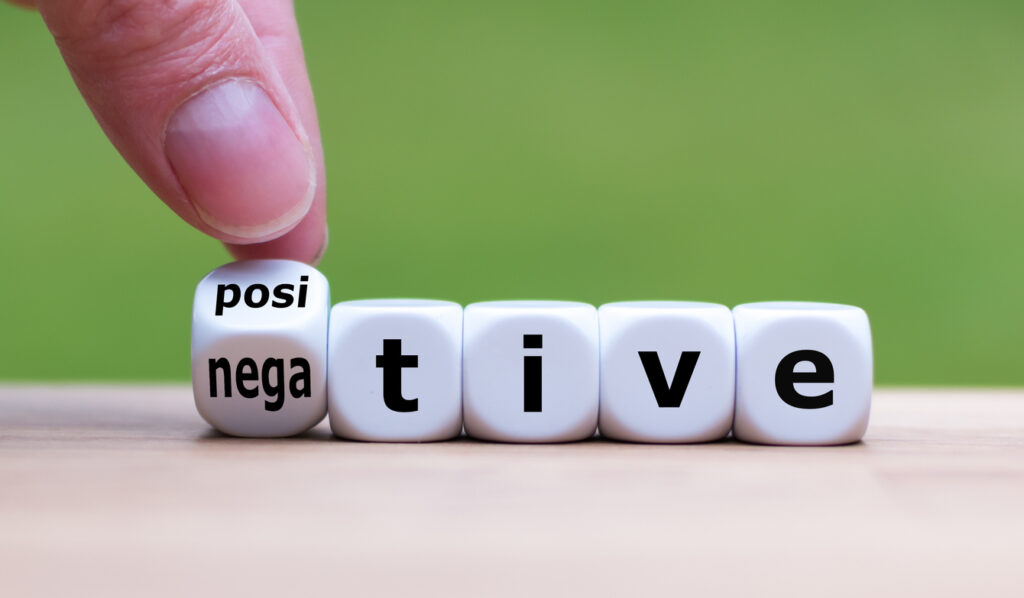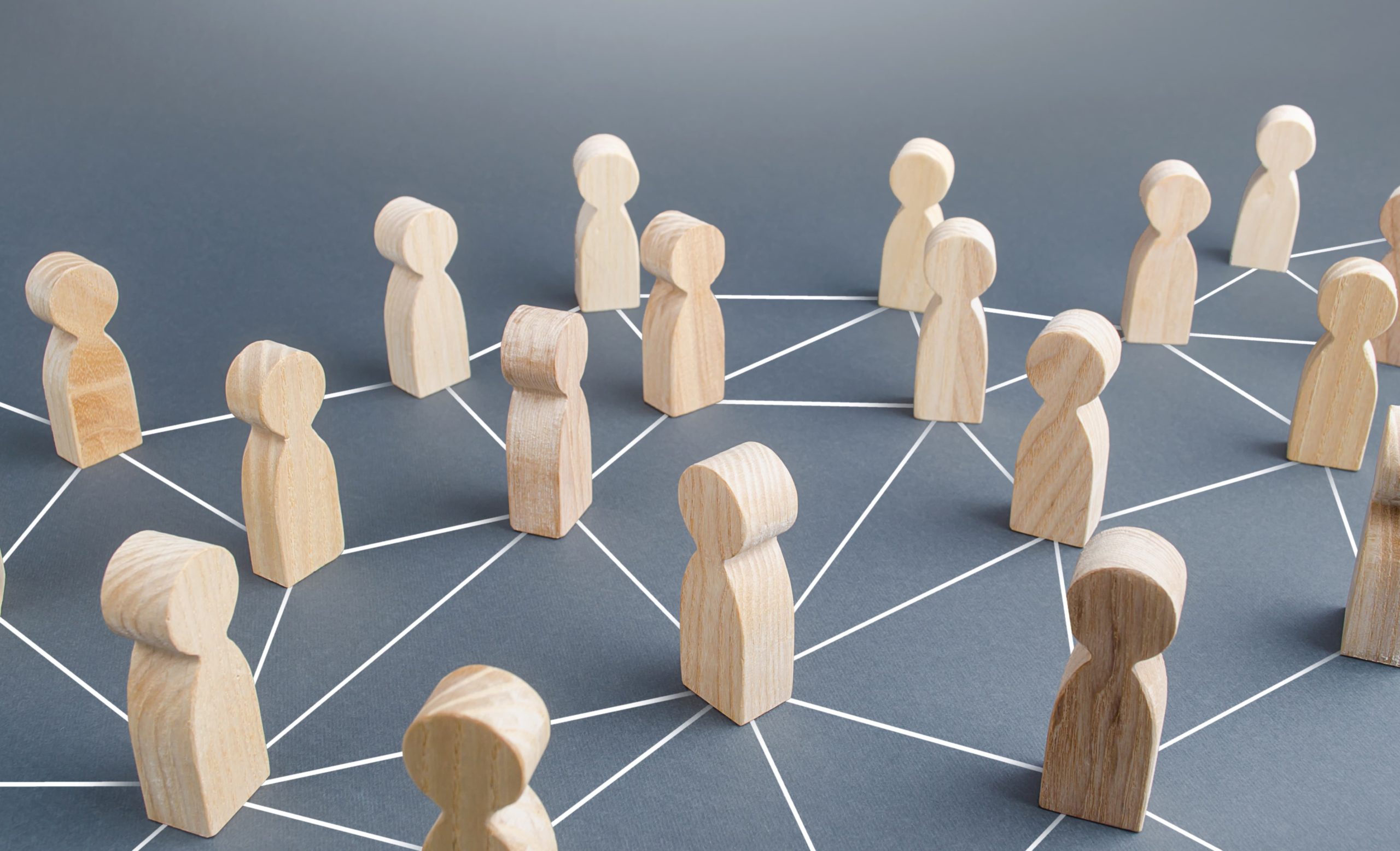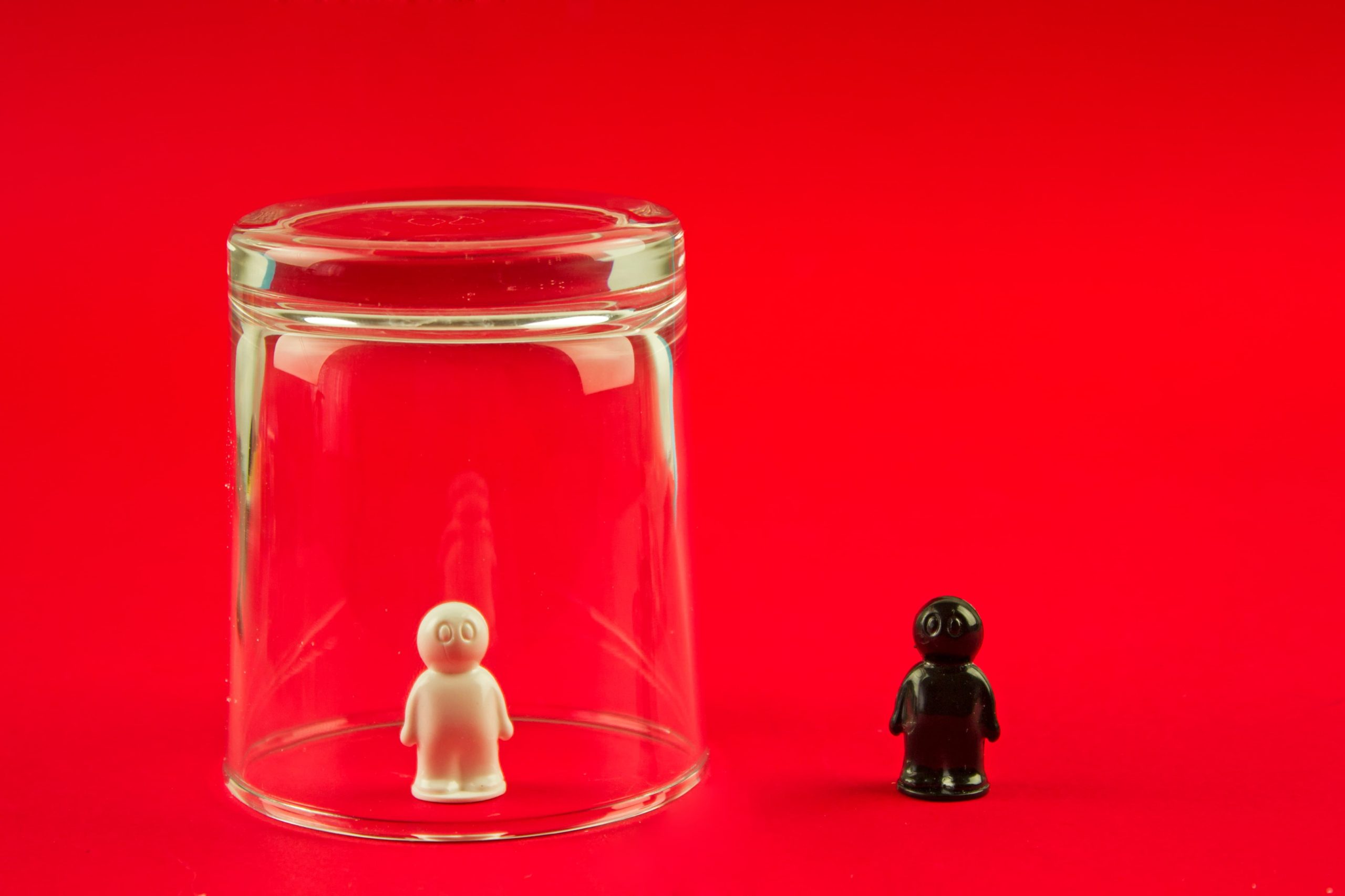Sublimation is one of the several defense mechanisms that people use to distance themselves from unpleasant emotions. While it is only human to resort to these strategies when we experience unwanted feelings, the truth is that most involve harmful and unhealthy behaviors. However, sublimation is a rare example of a coping mechanism that can be thought of as positive and beneficial.
If you learn how to recognize these subconscious techniques we use to overcome harmful thoughts and feelings, you’ll gain a deeper awareness of your and others’ behavior. This may facilitate your personal growth and make you aware of what you wish to work on either in in-person workshops or with a relationship coach online.
Read on to get a more in-depth understanding of the concept of sublimation and discover its most common examples. Also, learn how it can be a healthy strategy for overcoming difficulties in your relationship.
What Is Sublimation According To Psychology?
When people experience unacceptable and painful emotions and thoughts, they have the urge to separate themselves from them. This urge can be manifested in different ways, called defense mechanisms. Sublimation is arguably the most mature and helpful of these. It involves the channeling of intensely destructive desires into something that’s socially acceptable, positive, and advantageous.
What Happens During Sublimation?
During sublimation, a person directs harmful desires and unpleasant emotions into something more beneficial and productive. This happens on a subconscious level and the person may not be aware of it.
Is Sublimation A Healthy Coping Mechanism?
Sublimation generally promotes well-being, so it’s considered a healthy way to deal with stress, anxiety, and other undesirable emotions. This also differentiates it from the majority of other defense mechanisms.
Unlike rationalization, where people try to justify their inappropriate behavior or repression, which involves burying unpleasant feelings, sublimation is all about transforming an unhelpful impulse into rewarding actions.
What Is A Real Life Example Of Sublimation?
Some of the common socially impermissible drives are associated with heightened aggression, unacceptable sexual feelings, as well as other distressing experiences. This defense mechanism is used to transform these detrimental urges into harmless, creative, and otherwise practical behaviors.
Sublimating aggressive urges

Anger and violence are notoriously difficult to manage. People sometimes reach for sublimation to find an outlet for these tendencies. This substitution of an inappropriate aggressive urge with a useful and healthy behavior can be a one-time occurence, like when someone goes for a long jog or vigorously cleans the house instead of succumbing to acute rage.
On the other hand, the sublimation of strong violent tendencies can also have an overarching impact on a person’s life. For example, someone may choose a career in the police force or military, which can set a course for the rest of their life. Other long-term ways to sublimate aggression would be taking part in professional sports or another highly competitive field, like business and finance.
Sublimating inappropriate sexual impulses
If a person feels that their sexual urges are not acceptable, they may redirect them into creating original works of art or into achieving success in their careers. This may send them onto a path of lifelong success and even fame.
Someone may curb the need to pursue multiple partners, for example, by choosing to take up a hobby, like playing an instrument or doing sports. This can have far-reaching effects on their marriage and family, as it may help them defeat the urge to cheat on and be dishonest to their partner.
Sublimating other painful emotions
Whenever a person is suffering emotionally, they can find a creative outlet to channel their feelings of hurt instead of sinking deeper into despair. Depending on their interests, some people may choose a pastime such as sewing clothes, redesigning their house, tending to a garden, and similar pursuits.
If a person is grieving over the loss of a loved one to cancer, for example, it’s not uncommon for them to join a campaign for cancer awareness and focus their energy into advancing this cause.
How Can Sublimation Help My Relationship?

Sublimation can be one of the strategies people unknowingly use to preserve and advance their romantic relationships. Here are several situations where sublimation may be helpful:
- If someone feels the need to be unfaithful in a relationship, they will sometimes cope with it by channeling their libido into something more constructive, like trying harder at work or concentrating on a hobby. Another possibility is to expend this sexual energy with their partner.
- If a person has had a streak of failed relationships, they could be disappointed in all women or men. Instead of blaming their exes and projecting this onto all potential partners, others will redirect their suffering into creative outlets.
- In case your partner has said something hurtful to you, you may want to act out on your rage on the spur of the moment, which could irreparably damage your relationship. Instead of venting through physical aggression, some people will do a gym session or go for a run and then come back to the situation level-headed.
Explore The Power Of Sublimation With An Understanding Relationship Coach Online
Getting to understand yourself and others equips you with important life skills that can help you cope with distressing feelings and maintain your well-being. Thanks to PIVOT, you can get to know your inner self better, learn how to use healthy coping skills, and apply this knowledge to everyday situations.
If you’d like to talk to our approachable relationship coaches, feel free to take part in one of our healing coaching sessions. Since it is our mission to assist your personal growth and development, we accept and welcome every person with open arms. We’d be happy to help you explore mature coping strategies in the safe and accepting setting of our retreat and show you a way out of the vicious cycle of toxic patterns. Let’s discover what you can do to mend your relationships, break away from unhealthy loops, and lead a happier, more fulfilling life.






















